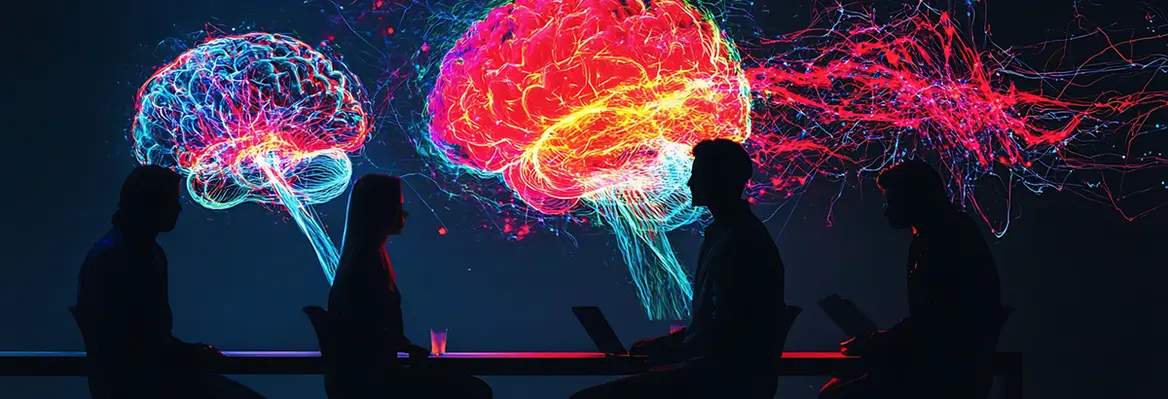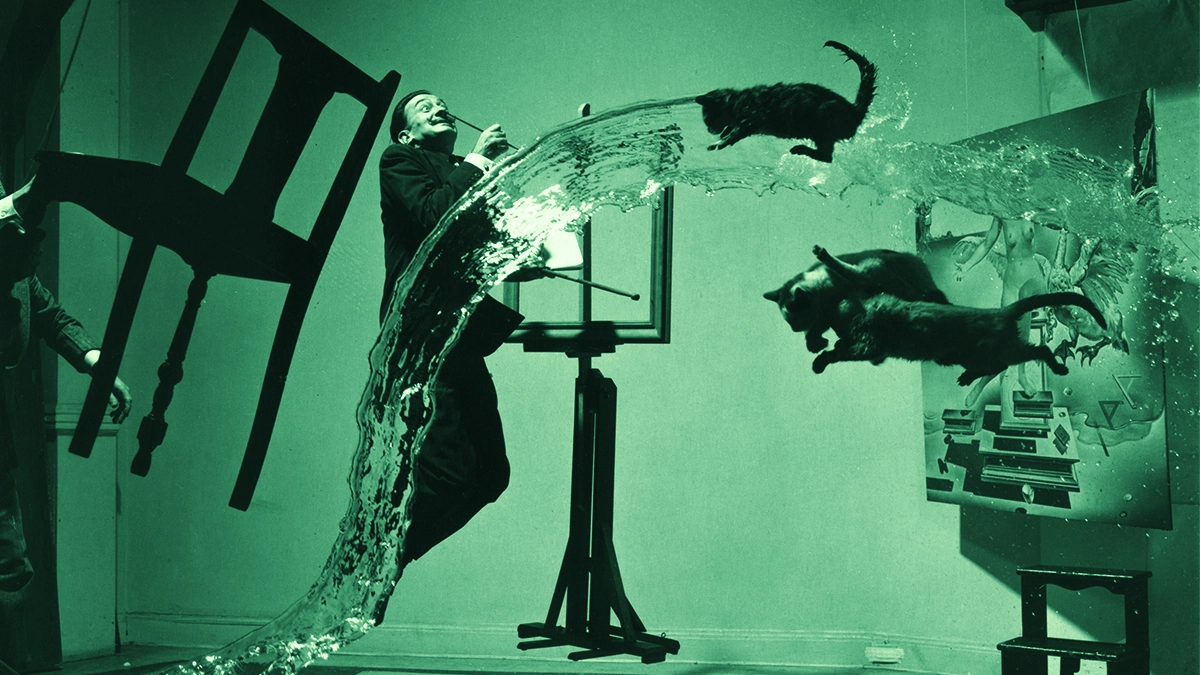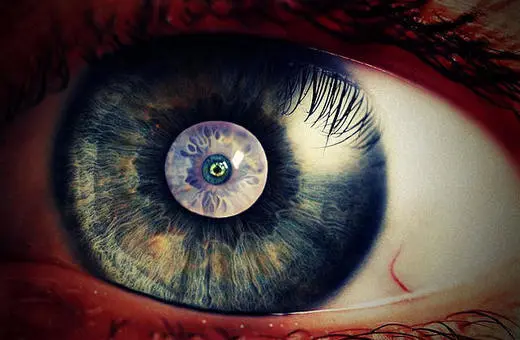The idea that truth emerges through the rational deliberation of a marketplace of ideas is central to liberalism. “The ultimate good…is better reached by free trade in ideas” claimed Oliver Wendell Holmes, the most influential Supreme Court Justice of all time. Such a view, however, is flawed argues contributing editor, Charlie Barnett. It assumes more rationality wins and less rationality loses in a marketplace, which, as Nassim Nicholas Taleb’s “Black Swan” showed, is erroneous. Liberals should embrace the irrational, the messy, and the non-orderly as vital and necessary elements of a functioning society.
The “marketplace” of ideas is often seen as a centrepiece of liberalism. The assumption that truth emerges through the free competition of ideas was the basis of Mill’s justification for freedom of speech. And Steven Pinker, one of the chieftains of Enlightenment liberalism, claimed that once spreading “ideas and seeing which ones withstand attempts to refute them” sank in during the Enlightenment, “the traditional understanding of the world was upended.”
The liberal story goes that once the beliefs of flat earthers, racists, or communists were exposed to the marketplace of ideas, they would be defeated by the superior logic and persuasiveness of their counterparts — science and liberalism.
___
The first is that, on balance, in a free society, truer and more rational ideas win in a marketplace. The second, as Fukuyama predicted, is the arc of history bends towards liberalism and rationality.
___
It’s a story with incredible power and widespread appeal. Ronald Reagan often defended the “triumph of an idea” that “freedom will eventually triumph over tyranny.” The most influential Supreme Court judge in history famously stated “the ultimate good…is better reached by free trade in ideas.” And Francis Fukuyama, author of one of the most famous works in recent history, The End of History and the Last Man, argued free speech provided “the rational discourse needed to sustain a democracy.”
The story has two central consequences. The first is that, on balance, in a free society, truer and more rational ideas win in a marketplace. The second, as Fukuyama predicted, is the arc of history bends towards liberalism and rationality.
Both ideas however are not only deeply flawed, but have caused a deep complacency amongst liberals. The reelection of Donald Trump, the autocratization across Europe and the success of alternative models to liberalism such as China are testament to this.
To understand why this is the case, we must look at Nassim Nicholas Taleb’s penetrating analysis of rationality, markets in his 2008 work The Black Swan. Liberal ideology assumes that positive advances in a marketplace happen through more rationality and negative ones through less. This is false. To see why, we must acknowledge a crucial concept called the “The Black Swan.”
Taleb asks us to imagine the most decisive events and market changes in our lives and in human history. Whether it was Covid, 9/11, the discovery of Penicillin, the dissolution of the Soviet Union, World War I or the Global Financial Crisis, all such events share three critical things in common.
___
All these post hoc justifications only serve to reinforce something called the “narrative fallacy” — the tendency to create convenient stories to make sense of events.
___






















Join the conversation